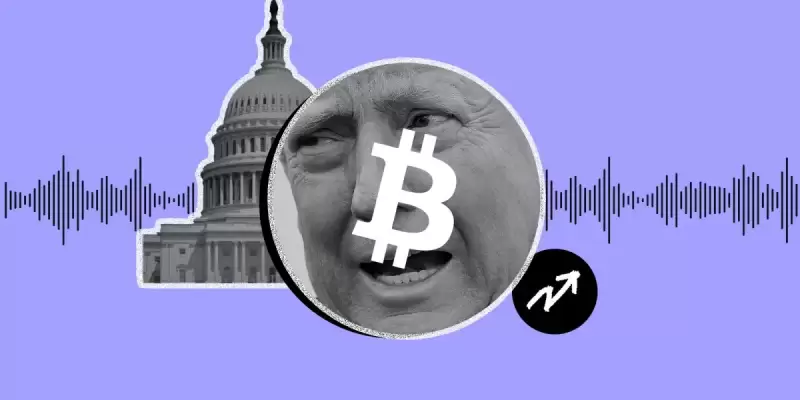 |
|
 |
|
 |
|
 |
|
 |
|
 |
|
 |
|
 |
|
 |
|
 |
|
 |
|
 |
|
 |
|
 |
|
 |
|
In its latest seventh edition of the Balance of Payments Manual (BPM7), IMF included cryptocurrencies such as Bitcoin (BTC) in the balance of payments.

The International Monetary Fund (IMF) has updated its balance of payments standards to account for the rising influence of digital assets.
What Is Being Done With Bitcoin?
In its latest seventh edition of the Balance of Payments Manual (BPM7), the fund included cryptocurrencies, such as Bitcoin (BTC), in the balance of payments. According to the fund’s new standards, Bitcoin and similar cryptocurrencies are now non-productive assets in global economic statistics.
The updated manual, which was released on Monday, marks the first time that the IMF has included detailed guidance on digital assets in its global statistical standards. The fund’s new framework splits digital assets into fungible and non-fungible tokens and further classifies them based on whether they have associated liabilities. Bitcoin and similar tokens without liabilities are covered by the capital account, while stablecoins backed by liabilities are seen as financial instruments.
According to the IMF, crypto assets like Bitcoin, which are not linked to liabilities and serve as a medium of exchange, are categorized as non-produced nonfinancial assets and recorded in the capital account.
In practice, this would mean cross-border crypto transactions involving assets like Bitcoin will be tracked as acquisitions or sales of non-produced assets in the capital account. Meanwhile, tokens tied to a platform, like Ethereum or Solana (SOL), may be treated like equity holdings in the financial account if the owner is from a different country than the token’s origin.
For instance, if a UK investor holds Solana tokens from the US, it would be treated like owning foreign stocks, recorded as “equity crypto assets.” The IMF highlights that, despite using cryptography, these assets are similar to standard equity when it comes to ownership rights.
What About Staking and Crypto Yields?
Furthermore, the IMF acknowledges the complexity of staking and crypto yields, noting that rewards from holding tokens could be treated like equity dividends and recorded as income, based on the size and purpose of the holdings.
The fund explains that if an institution participates in baking or staking, it would be included in the economic statistics relevant to the institution’s activity. However, for private investors, crypto yields or income from staking would be covered on a net basis in the balance of payments.
Notably, this update helps countries better track the economic impact of digital assets. The IMF now treats activities like mining or staking, which help validate crypto transactions, as services. These will be included in computer services exports and imports.
Created with input from over 160 countries, the BPM7 manual will guide global economic data. While its application may differ by country, it’s a big step toward recognizing the economic impact of digital assets worldwide.
Disclaimer:info@kdj.com
The information provided is not trading advice. kdj.com does not assume any responsibility for any investments made based on the information provided in this article. Cryptocurrencies are highly volatile and it is highly recommended that you invest with caution after thorough research!
If you believe that the content used on this website infringes your copyright, please contact us immediately (info@kdj.com) and we will delete it promptly.
-

-

-

-

-

- FLOKI Inu (FLOKI) Breaks Out From Key Resistance Levels, Setting the Stage For a Potential 270% Rally
- Apr 25, 2025 at 06:35 pm
- FLOKI Inu has emerged as one of the standout performers in the meme coin sector after breaking through key resistance levels. The dog-themed cryptocurrency has gained nearly 20%
-

-

- Trump launches meme coin promising to make America the crypto capital of the planet
- Apr 25, 2025 at 06:30 pm
- On the eve of his second inauguration, Donald Trump did something no U.S. president had ever done: He launched a meme coin. The cryptocurrency — whose value hinges more on hype than utility — surged to an all-time high of $75.35 a token. The next day, First Lady Melania Trump dropped her own meme coin, debuting at about $13 a share.
-

-

- Bitcoin's Institutionalization Has Begun, By Ignoring the Altcoin Market It May Finally Be Delivering on Its Promises
- Apr 25, 2025 at 06:25 pm
- The tide of capital once destined for raw spot Bitcoin has begun to flow through institutional canals, spot exchange-traded funds (ETFs), structured products


























































